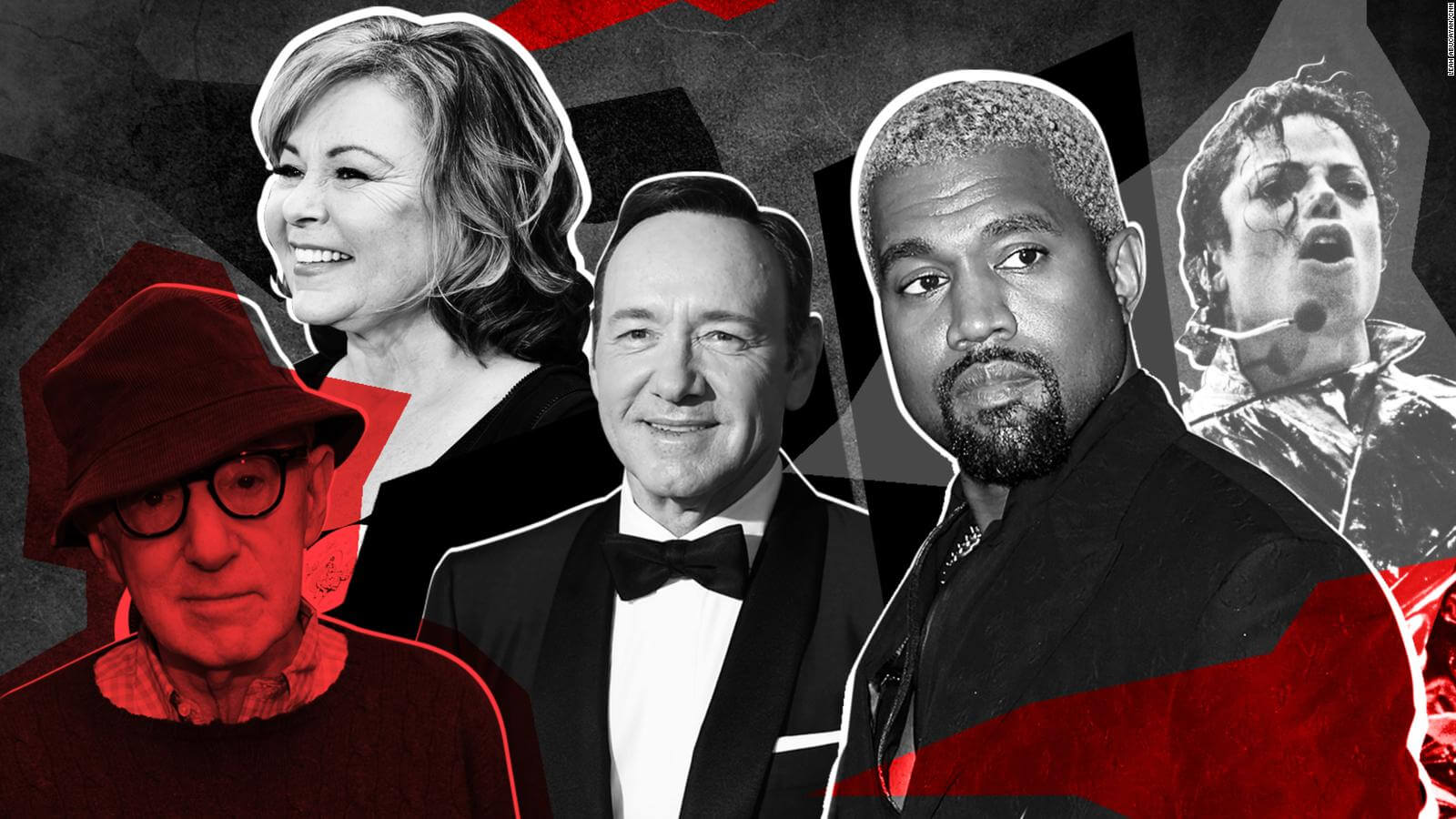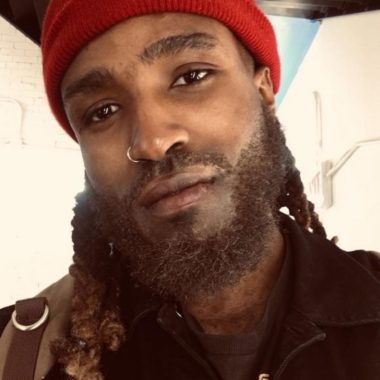A Decade of Black Twitter
For the better part of the last decade, America has experienced a snowball of push back against customs that were once considered social norms, now acknowledged to be inappropriate. Social media continues to play a major role in a particular kind of public and social accountability, also known as ‘canceling.’ In recent months we’ve seen comedians, politicians, and other public figures debate and disparage this sometimes effective accountability/shaming tool, cancel culture. So, what exactly is cancel culture and why is the movement against it anti-Black?
The origins of cancel culture trace back to Black Twitter. Black Twitter is the space of the platform where Black users retweet and discuss ideas about entertaining or trending stories.
Around 2014, the phrase ‘you’re canceled’ began appearing on Black social media (Black Twitter). The phrase was simply a tweet or hashtag used to call out current or past wrongdoings by public figures. Today, it’s being referred to as a culture and a movement. However, like many of Black folk’s creations, the hijacking and misrepresentation of this so-called movement was sure to follow.
Cancel Culture Critics
In mid-2020, a bevy of non-Black critics of BLM protests began speaking out against what they saw as cancel culture. The critics ranged from well-known Youtubers to obscure Instagramers, but eventually reached the realm of politics and daytime TV. Critics like Meghan McCain, Ted Cruz, and even Barack Obama have weighed in on the movement, albeit with some distinct points of view, respectively (Obama). There are observable patterns with mainstream anti-cancel culture warriors, they are usually white, and often conservative. With growing criticism of the movement, several conservatives have used cancel culture as a way to reframe their unfavorable sentiments on ‘political correctness’ and accountability.
Interestingly, the earliest critiques of cancel culture actually came from the Black community. However, those critics did not attempt to do away with the idea of accountability. Early critics discussed the need to affirm rehabilitation and personal growth of individuals, pivoting away from the sometimes unforgiving shaming tool that is canceling. Yet, despite diverging sentiments among Black social media, cancel culture helped hold R Kelly accountable for example. Cancel culture and the Me Too movement also called for accountability from folks like Harvey Weinstein, Bill O’Reilly, Megyn Kelly, Matt Lauer, and many more. So, how can holding sexual predators and bigots accountable be a bad thing? Well, for those who oppose the ‘movement,’ canceling probes and spotlights issues a bit too much. Moreover, in an era where most conservatives supported an alleged sexual predator and racist (and still do), Donald Trump, anti-cancel culture was/is the answer –– a convenient and pithy retort for those who don’t want to think about the complexities of social inequality and injustice.
Anti-cancelers are the bad spin-off no one asked for. Simply, what most anti-cancelers want are no consequences. Instead, like public figures Senator Ted Cruz, and Fox news opinionist Tucker Carlson, anti-cancelers appeal to white American’s fatigue with confronting inequality and racism.
Dr. Seuss Is Racist?
Earlier this year when Dr. Suess enterprises decided to stop printing 6 of its books containing blatantly racist imagery (Africans depicted as monkeys, and Asians being called China man), both Carlson and Cruz reacted publicly, by blaming cancel culture. Critics of the discontinuation of these books, simply ignored the racist imagery, succumbing to their ‘childhood nostalgia.’ During a recent airing of his show, Tucker Carlson went on to say,
“The liberals have a problem with mid-century American culture, that’s the problem with wokeism.”
Carlson yet again misrepresenting yet another Black colloquialism, woke. To add, mid-century American culture most certainly had no problem with Black people being depicted as monkeys and apparently, neither does Tucker Carlson.
At this year’s Conservative Political Action Conference (CPAC), anti- cancel culture was highlighted. Speakers like Ted Cruz prioritized spreading the message of anti- cancel culture, or what I call, racist spinoff.
Racist Spinoff
Racist spinoff is the repackaging of any social justice tool, to communicate or defend racist ideas. Therefore, anti-cancel culture is indeed anti-Black, because it takes a Black social justice term or movement, and repurposes it in defense of racism. Also, racist spinoff is profitable, Cruz was recently selling signed Dr. Seuss books for sixty dollars, attempting to ‘fight’ cancel culture.
Anti-cancel warriors prioritize ignoring the experiences of marginalized groups and recycling manifest destiny dreams of white America. Moreover, anti-cancel warriors don’t seem to care that much when Black people like Bill Cosby or liberal figures are being canceled. Usually, their outrage is piqued when white American nostalgia is critiqued, and marginalized groups speak loudly about social issues.
Again, it seems what anti-cancelers truly want is complete freedom from accountability and consequences–– storming the nation’s Capitol and expecting no charges or prison time.
Does Canceling Work?
When we look back at American history there are many things to learn from. Part of learning from history is identifying a problem and setting a new standard. I believe in reform and the ability for people to change, but first, the problem must be acknowledged and yes, canceled. Honestly, a lot of so-called canceled celebs don’t actually suffer any long-term financial or social loss. Many public figures reemerge a few months later. They simply wait out the backlash, issue an apology letter on social media, or stay silent. In reality, cancel culture’s effectiveness varies.
As the anti-cancel culture movement grows, we can expect to see it used as a right-wing campaign tactic for the 2022 and 2024 elections. And yes, performative activism and the increasing amount of viral moment addicts posing as intellectuals is annoying. However, systemic injustices are far more ‘annoying’ and quite frequently deadly, so cancel away, please. In other words may the consequences for one’s actions apply.











2 Comments
Pingback: ANTI-CANCEL CULTURE IS REALLY JUST ANTI BLACKNESS…AGAIN – The Red Hook Star-Revue – Ted Cruz for Senate – Not Again!
This shit was hot garbage. As a minority you make us weak with this bullshit. Grow the fuck up